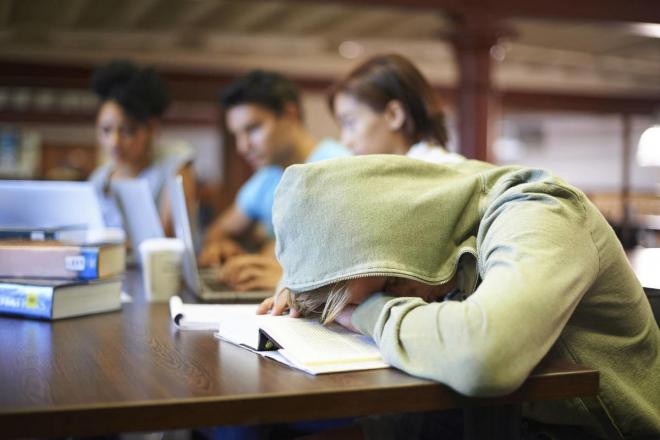How depression can affect modern student life?
Professionals and academics in the field of psychology frequently use words like “epidemic” and “emergency” to characterize the current state of the mental health of many American college students.
Approximately 30% of students who participated in the Fall 2021 National College Health Assessment reported that anxiety negatively influenced their academic performance. Additionally, more than one in five students said they had received a medical professional’s depression diagnosis. This article will discuss how depression in students affects their learning. So, let’s get started!
What is depression in students?
A gloomy mood, a lack of pleasure or interest, and five or more of the symptoms listed that persist for most of the day, virtually every day, are the hallmarks of significant depressive disorder, which appears more frequent in teenagers than in children:
- Slowness or physical agitation.
- Irritable or depressed mood.
- Excessive sleeping or insomnia.
- Reduce capability of thinking.
- Major weight loss or quick weight gain.
- A decrease in energy or tiredness.
But the best way to get rid of depressing thoughts and depression is to follow an online msw.
How does depression affect a student’s life and learning?
The propensity to use alcohol or other substances as self-medication is one of the dangers of undiagnosed depression. Learning and academic performance are only two aspects of a child’s life where depressive symptoms might cause issues. The areas listed below are where depression might significantly influence learning and their lives.
- Concentration
Children with depression have trouble focusing. While it’s common to blame ADHD for concentration issues, some kids’ inability to focus may be caused by depression or a panic disease.
- Motivational Deficit
Even the most important things to depressed kids no longer fascinate them. One of the initial things to decline in young people’s motivation may be their interest in academics, which is frequently not among their top priorities. Low productivity might result in worse marks since a lack of desire and enthusiasm causes it.
- Appetite
Some depressed kids experience appetite loss. They could skip a meal and have very little or no breakfast. Over a day, their glucose levels and endurance levels will drop.
- Easily irritated and angry
Depression among children is more likely to show itself as heightened impatience and rage. A pupil who is usually cooperative can start arguing with a lecturer or classmates.
Clinical management of the diseases is required to guarantee students’ academic performance with anxiety and depression. Anxiety must be treated by teachers like a sickness. Adolescent patients find it more challenging to implement customary study techniques. The cognitive self-concept of the tests and the ability to handle them determine the level of emotional strain experienced.
Due to the valuing of auto effectiveness, there is occasionally an indirect correlation between anxiety and academic achievement, meaning that those with high-stress levels have poor auto efficacy perceptions. The issue should be brought up by school personnel for teenagers and university students who have been diagnosed with depression condition in order to facilitate prompt medical attention.
It’s also best to consult a professional psychologist if your child needs help.


